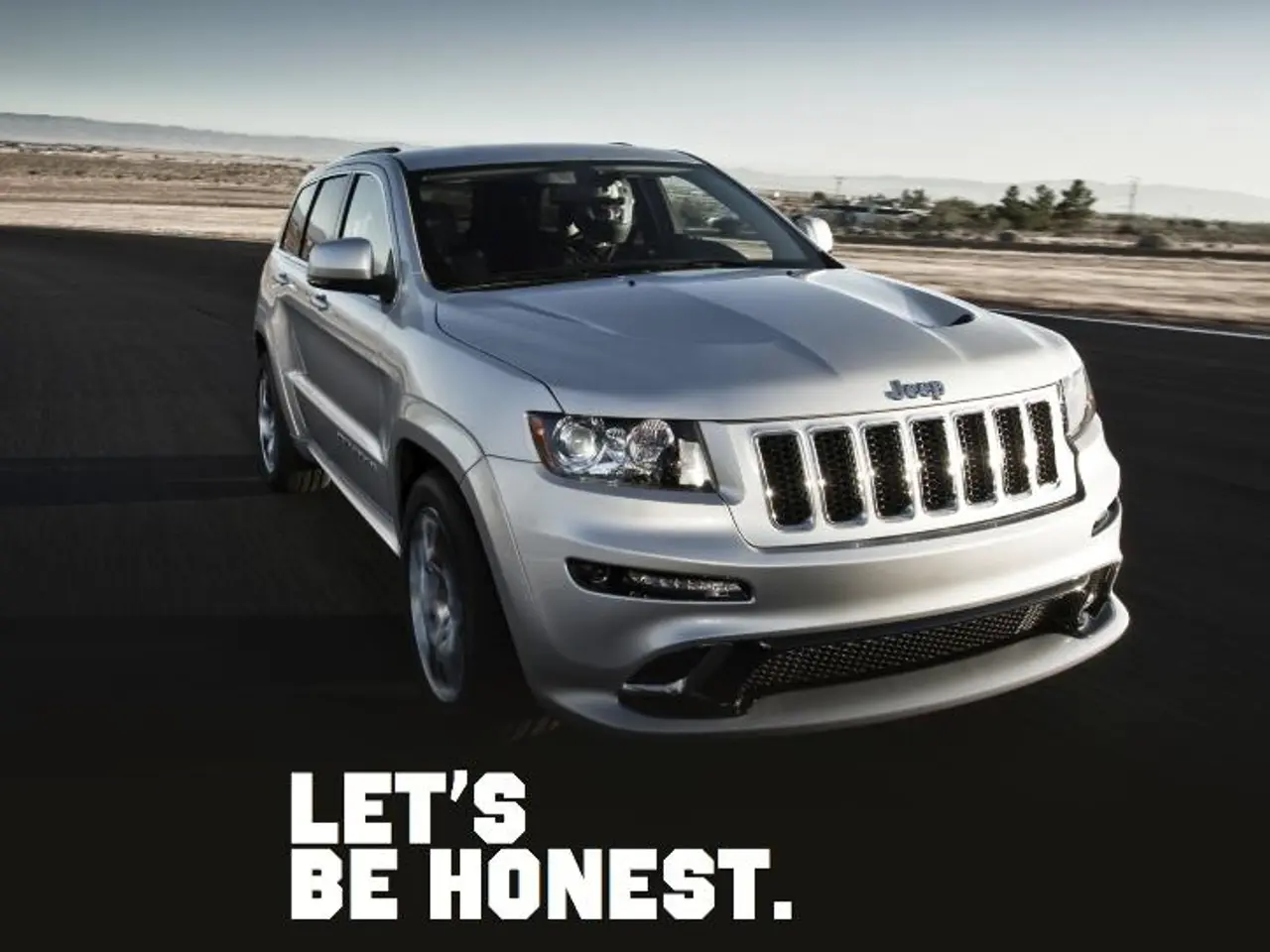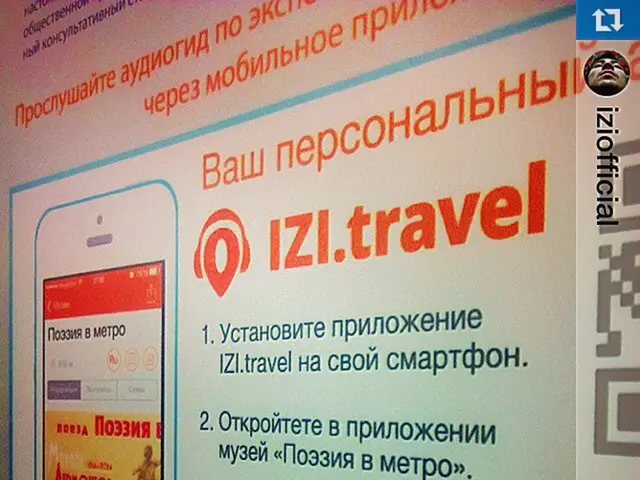Volkswagen suffers a $1.5 billion loss due to tariffs, resulting in a significant decline in profits
Volkswagen, one of the largest European car manufacturers exporting to the US, is closely monitoring the ongoing tariff negotiations between the US and the EU. The company has advocated for tariff reductions to enhance its competitiveness in the US market, where it faces tariffs of up to 25% on imported vehicles under current US trade policy.
In a turn of events, the tariffs imposed by President Trump have cost Volkswagen 1.3 billion euros ($1.5-billion) in the first half of the year. This has led to a 38.5% decrease in overall net profit year-over-year, amounting to 4.48 billion euros in the same period. In response, the company has cut its revenue and profit outlook for the remainder of the year due to political uncertainty and increased barriers to trade.
However, Volkswagen's finance chief, Arno Antlitz, remains optimistic. He stated that the company was "on the right track" and that performance was at the "upper end of expectations," excluding tariffs and restructuring costs. Despite the initial slip in shares, they later rose more than three percent in morning trading.
The tariff negotiations between the US and the EU remain active but have not yet resulted in a final resolution specifically affecting Volkswagen. Both parties have expressed interest in reducing or eliminating tariffs on automobiles to foster better trade relations, but complexities around regulatory standards, environmental policies, and market protections continue to slow progress.
CEO Oliver Blume made a plea to negotiators for a balanced outcome on the tariff issue. He also expressed optimism for the future of Audi and Porsche, two premium brands that have struggled with declining sales in China. Metzler bank analyst Pal Skirta suggested that the rise in Volkswagen's shares may be due to Blume's positive outlook for Audi and Porsche from 2026 onwards.
Volkswagen has taken proactive measures to mitigate the impact of tariffs. Last December, the company struck an unprecedented deal with unions to cut 35,000 jobs in Germany by 2030 as part of plans to save 15 billion euros a year. The company is also focusing on higher sales of lower-margin electric vehicles (EVs) to offset the impact of tariffs.
As the negotiations continue, it's recommended to check official statements from the US Trade Representative (USTR), the European Commission, or Volkswagen's recent press releases for the most up-to-date and detailed information. The Frankfurt Stock Exchange's main DAX 40 index was down 0.6% during the same trading period, reflecting the broader impact of tariffs on the automotive industry.
Stellantis, another car manufacturer, reported a 25% drop in North American vehicle sales by volume in the second quarter of the year, highlighting the broader challenges faced by the industry due to tariffs. Despite these challenges, Volkswagen remains committed to navigating the complex tariff landscape to maintain its competitive position in the global automotive market.
- Volkswagen, an European automaker, has lost 1.3 billion euros ($1.5-billion) in the first half of the year due to tariffs imposed by President Trump, affecting its competitiveness in the US market and leading to a decrease in overall net profit.
- The ongoing tariff negotiations between the US and the EU have not yet resulted in a final resolution specifically affecting Volkswagen, but both parties have expressed interest in reducing or eliminating tariffs on automobiles to foster better trade relations.
- Despite the initial challenges posed by tariffs, Volkswagen is taking proactive measures to mitigate their impact, such as focusing on higher sales of lower-margin electric vehicles (EVs) and aiming to save 15 billion euros a year through job cuts and restructuring.




